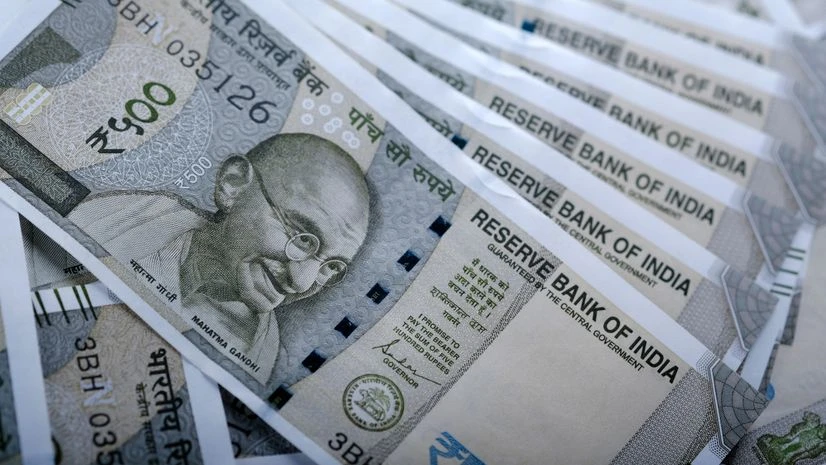Indian insurtech funding declined by 40 per cent year-on-year (Y-o-Y) to $300 million in 2023, down from $500 million in 2022, amid a global downturn in funding, according to a report by Boston Consulting Group (BCG). Globally, insurtech funding dropped 27 per cent Y-o-Y to $5.1 billion in 2023 from $7 billion in 2022.
“While global insurtech funding has slowed, the Asia-Pacific (APAC) insurtech sector has shown resilience. Indian insurtech funding followed the global trend of decline, but revenue has grown multifold, driven by the rapid expansion of larger insurtechs,” stated BCG’s report, India Insurtech Landscape and Trends: Pathways to Inclusive Insurance – A Vision for 2047.
In 2023, multiline insurtechs secured 85 per cent of the funding, while health insurtechs accounted for the remaining 15 per cent. Cumulative funding for the insurtech industry rose to over $2.5 billion, pushing the total ecosystem valuation to $13.6 billion.
India now has over 150 insurtechs generating revenue exceeding $750 million, with 10 unicorns or soonicorns and more than 45 minicorns.
“Insurtech revenue has grown 12 times over the past five years. However, significant opportunities remain in the space. Most scaled insurtechs operate in the aggregation and distribution segments, which account for over 80 per cent of the funding. There is a substantial opportunity for insurtechs to leverage data and technology in underwriting and claims, which can play a critical role in driving the insurance industry’s growth,” said Pallavi Malani, managing director and partner, and lead of BCG's India Insurance Practice.
As the insurtech landscape evolves, over 75 per cent of insurtechs are prioritising profitable operating models, with more than two-thirds fostering strategic partnerships and expanding into new geographies. The lines between traditional insurers and insurtechs are increasingly blurring. While insurtechs focus on profitable growth, developing insurance capabilities, and forming long-term partnerships, incumbents are building digital-first capabilities, adopting robust technology, and leveraging available data.
More From This Section
India’s insurance penetration remains low, with life insurance penetration at 2.8 per cent and non-life at 1 per cent, compared to the global average of 4.9 per cent. Health insurance is one of the most underpenetrated segments, with penetration at just 0.31 per cent. In Tier-I cities, health insurance contributes 65 per cent of premiums, but penetration in small and medium enterprises (SMEs) is only 25 per cent compared to the global average of 70 per cent.
“Insurtechs play a crucial role in driving insurance penetration through digital journeys, bundled propositions, and enhanced customer experiences,” Malani noted.
“As India aspires to become a developed economy, significant opportunities exist across three pathways: higher accessibility, increased awareness and trust, and enhanced affordability. Insurtechs will play a pivotal role in driving innovation in these areas, supported by the broader ecosystem,” said Vivek Mandhata, managing director and partner at BCG.

)